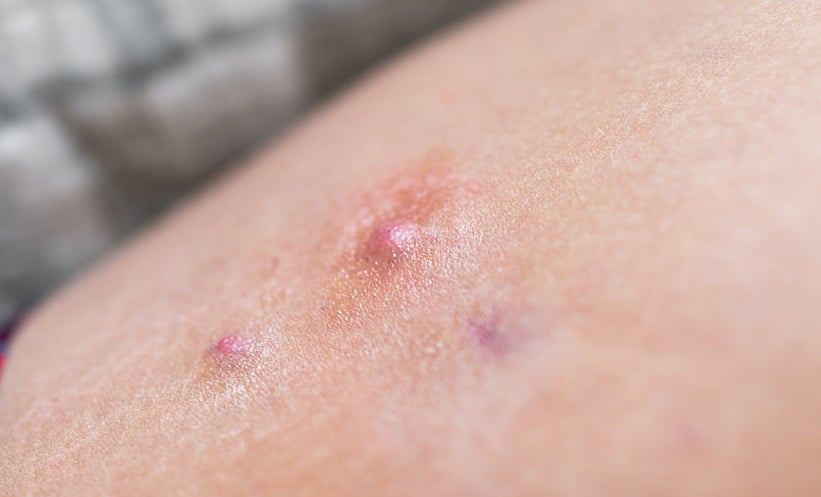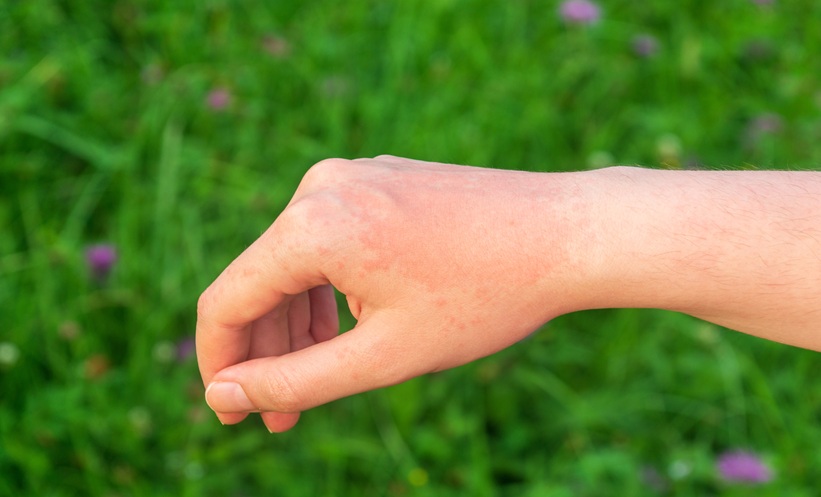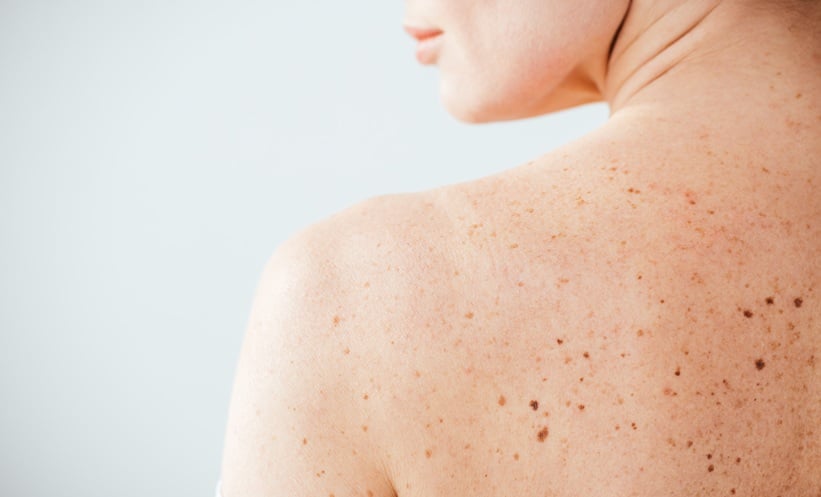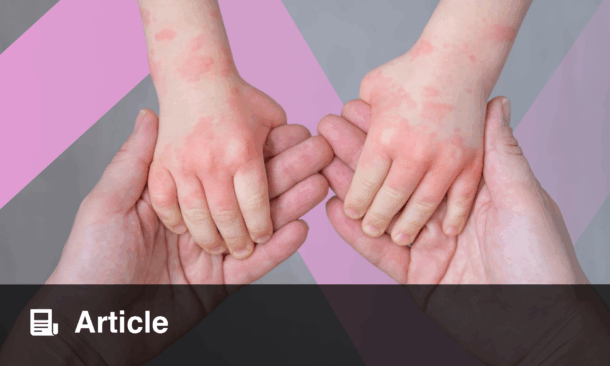HIDRADENITIS SUPPURATIVA (HS) is a chronic, inflammatory skin disease marked by recurrent, painful nodules, abscesses, draining fistulas, and scarring. Typically beginning in late adolescence or early adulthood, HS has profound effects on quality of life, impacting mental health, sleep, employment, and social functioning. Current treatments include antibiotics, immunosuppressants, and surgery, though many patients with moderate-to-severe disease require systemic therapies. Despite recent advances, treatment failure remains common, highlighting the need for new therapeutic options.
The Janus kinase (JAK) pathway has been implicated in HS pathogenesis, with key cytokines such as interleukin (IL)-1β, IL-17, and IL-23 reliant on JAK-STAT signalling. This provides a rationale for investigating JAK inhibitors. Upadacitinib, an oral selective JAK1 inhibitor already licensed for several immune-mediated diseases, was recently evaluated in a phase 2, double-blind study of adults with moderate-to-severe HS.
Patients receiving once-daily upadacitinib 30 mg achieved significantly greater reductions in abscesses and inflammatory nodules compared with historical placebo rates, as assessed by HiSCR50 at week 12. Pain improvement was also observed, particularly among those with moderate-to-severe baseline pain. Continued treatment produced further benefits, including in patients who initially received placebo before switching to upadacitinib.
Notably, clinical responses were also observed in patients who had previously failed TNF inhibitor therapy, such as adalimumab. This is significant given that existing biologics, including adalimumab, secukinumab, and bimekizumab, achieve HiSCR50 in only 40–60% of patients, leaving a substantial proportion without adequate control.
Upadacitinib was generally well tolerated, with no unexpected safety signals or serious adverse events such as venous thromboembolism or major cardiovascular events reported.
Although limited by its small sample size and reliance on historical placebo data, the trial provides encouraging early evidence that targeting JAK1 may address HS more comprehensively than downstream cytokine blockade. Larger phase 3 trials, including ongoing studies in patients with prior anti-TNF failure, are now underway to confirm these findings.
If validated, upadacitinib could represent a meaningful new option for adults and adolescents with moderate-to-severe HS, offering both lesion control and pain relief in a condition with considerable unmet need.
Reference
Ackerman LS et al. Improvements in moderate-to-severe hidradenitis suppurativa with upadacitinib: results from a phase 2, randomized, placebo-controlled study. J Am Acad Dermatol. 2025;92(6):1252-60.








